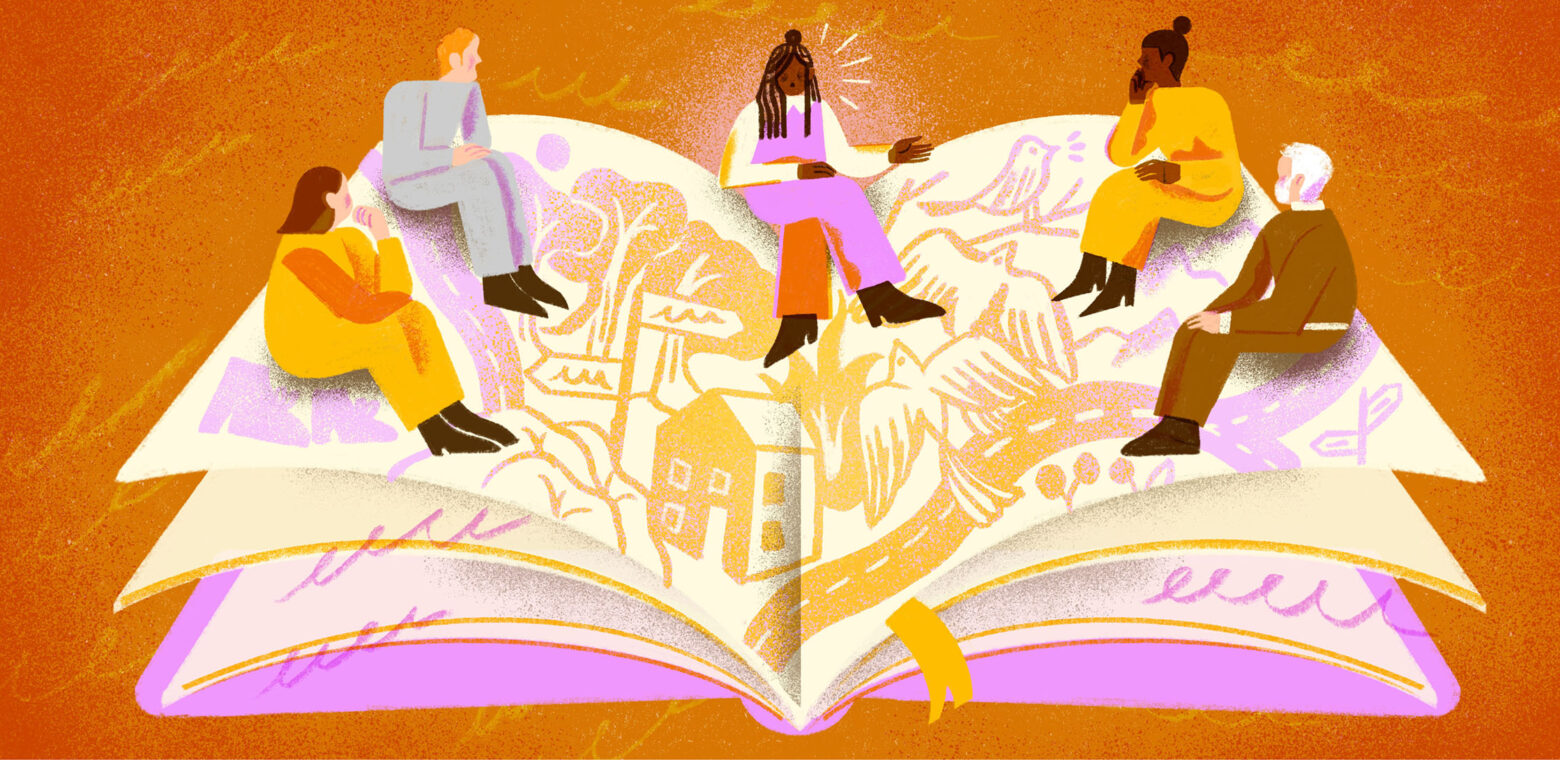Libraries often serve as one of the few safe havens, offering warmth in the winter, air-conditioned relief in the summer, and year-round access to information and resources.
In winter as temperatures drop and the cold settles in, life becomes even more challenging for unhoused community members. Freezing nights, limited shelter space, and the daily struggle for warmth and safety make this time of year especially difficult. It is really important for unhoused community members to know that libraries are welcoming spaces and can play a vital role in providing them with warmth, connection, resources, hope and dignity.
For many unhoused individuals, the library serves as a refuge from the harsh elements. It’s a place where they can warm up, rest for a while, and access essential information that could help improve their situation. But beyond simply being a warm space, libraries have the power to connect patrons with life-saving resources.
With winter is upon us, here are some ways libraries can support unhoused patrons during cold weather months:
1. Know Your Local Resources
Every community has different services available, and being familiar with them can make all the difference. Make a list of:
✅ Nearby warming centers and emergency shelters
✅ Local outreach organizations that provide food, clothing, and health services
✅ Crisis hotlines, social workers, and mental health support services
Having a printable resource guide at the front desk or a dedicated info board with up-to-date service listings can be a lifesaver for patrons who may not know where to turn.
2. Offer Small Comforts When Possible
Even small acts of kindness can make a big difference. Some libraries provide:
🧣 Donation bins with warm gloves, scarves, or socks
🍵 Hot beverage stations (if policies allow) to help patrons stay warm
📚 Community partnerships that provide hygiene kits, hand warmers, or blankets
While libraries may not always have the means to provide direct aid, they can partner with local nonprofits or encourage Friends of the Library groups to help collect and distribute donations.
3. Provide Information Without Judgment
Many unhoused patrons have been turned away from other places or treated with hostility. Simply offering information in a respectful, nonjudgmental way can create a sense of dignity and trust. Instead of saying:
"You can’t stay here all day."
Try:
"It’s getting really cold out and we'll be closing in a few hours. Here’s a list of places where you can warm up or get assistance if you need it."
A compassionate approach can make all the difference in how someone receives help.
4. Encourage Staff Awareness & Empathy
Libraries face a difficult balance—providing support while also enforcing library policies. It’s important to train staff on:
✔ Trauma-informed approaches to interactions with unhoused patrons
✔ De-escalation techniques for handling difficult situations
✔ Setting compassionate boundaries that allow unhoused patrons to feel welcome while keeping the library safe for all
Workshops or staff discussions on serving vulnerable populations can provide guidance on how to help without feeling overwhelmed.
5. Advocate for Long-Term Solutions
Libraries alone can’t solve homelessness, but they can be part of the solution. Advocating for funding, grants, and policies that improve access to social services, mental health support, and affordable housing can make a lasting impact. Some libraries have even partnered with social workers or community liaisons to assist patrons in need.
The Power of Kindness in Hard Times
Winter can an especially harsh season for those without a home, but a warm library, a kind word, and a helpful resource can provide more comfort than we realize.
What are some ways your library supports unhoused patrons during extreme weather? Let’s share ideas and keep the conversation going. 💙
With care,
the Compassionate Librarian

















